JDPON DON
Brief lightly unedited ramble on Zelenskyy's meeting with Trump
I have little idea why our President decided to post this(publicly) against his fellow entertainer-turned-politician Volodymir Zelenskyy. Don’t kid yourself into being surprised by it; Trump’s been telegraphing about cutting aid to Ukraine for nearly the past two calendar years. In the twilight years/months/weeks/hours of our present configuration of international relations with the US as the sole superpower, we’re witnessing not merely a series of tactical realignments but an unfolding of relations spurred upon primarily by our President that, as much as some subsets of American liberal sphere would like to believe and chirp that is caused by “Trump/Republicans being stupid,” which is a notion/belief that even if true, is still completely useless and ignores the real benefactors and proponents of a right-wing/nationalist American retreat from the global order we created for ourselves(post-WW2, Post-Cold War), through statements and tendencies like the Trump ramble, above(which I ‘personally’ have no interest in going through line by line), if you look close it’s pretty easy to see the contradictions inherent in the post-Cold War liberal order that Trump and anti-Ukraine Republicans are seemingly taking an axe to.
The United States, through the new Trump administration's approach to Ukraine and European defense, as well as our new ambivalent posture toward Russia, is manifesting a deeper historical logic that transcends our conventional political categorizations. This logic is altering the nature of our world order and dominance, whether Trump himself realizes it or not.
Right now, The United States, through Trump and Russophilic Republican elements in power(Assad’s bestie Tulsi Gabbard's appointment as Director of National Intelligence lmao), is/must be attempting to repair its relationship with Russia not directly out of ideological affinity(though the right-wing nationalism sure does help) but through a calculated “realpolitik” maneuver aimed at containing China, or at least getting concessions from Russia in order to spur some sense of misalignment with Beijing. By negating Ukraine and transitively negating Europe, this Aufhebung strategy simultaneously preserves, negates, and transcends America's post-Cold War posture. The logic underlying this shift predates the current conflict; for years, American strategic thinkers, predominantly on the right, have maintained that effectively containing China's growing influence in Eurasia necessitates securing Russian cooperation, which must supersede liberal antagonisms towards Russia, to make a Russia>China stance the FoPo norm.
I’m not just speculating this is manifesting in consistent patterns observable in statements from Trump administration officials and throughout the global “alternative right” throughout Western democracies, which very often can be characterized as Russiophilic. However, the contradiction emerges in the fundamental misrecognition at the heart of this strategy: the belief that Moscow can be fully detached from Beijing represents an idealist illusion that fails to grasp the material conditions of their relationship. Some foreign policy realists could argue that a tactical U.S.-Russia détente could reduce China’s power. However, this overlooks the reality that China’s strategic importance to Russia, economically and militarily, makes such a realignment infeasible. Even if Russia gladly accepts concessions from Washington, it will not execute the 180-degree reversal American anti-China-hawks desire.
The Russia-China relationship has been subjected to a repeated, consistent, and ongoing trial by fire throughout the whole of the Russia-Ukraine conflict, and China, despite however much humanitarian posturing their foreign officials like to do, has demonstrated remarkable resilience in allowing/facilitating the Russian war machine through raw materials, etc. Moscow recognizes the inherently unstable nature of American policy, where "fiercely competing centers of influence" in Washington could produce a diametrically opposed administration within a four-year period. Meanwhile, Russia's ties with China have proven stable, predictable, and structurally significant, and closening through things like BRICS(ik ik “not real” work with me), and commitments to increase trade between the two, which hit record highs in 2024. This might be characterized as Russia's recognition of the real beneath ideological fantasies, the concrete material conditions of interdependence that transcend idealist visions of a renewed American-Russian partnership.
China emerges as the primary beneficiary of this geopolitical reconfiguration, and by that, I mean the United States/Biden/Trump Administration's recent foreign policy fumbles. With our leadership being put in question for the whole global south to see regarding Israel-Palestine, and more recently, our USAID soft power (it does good things, shut up, still soft power) operations being dismantled worldwide, Beijing gains expanded opportunities to extend its influence through development funding and infrastructure initiatives. From Nepal to the Cook Islands and Colombia, Chinese officials are rapidly moving to fill the voids created by America's NGO retreat, and they have the money, the power, the stability, and the goodwill in the third world to do so. However, Beijing, despite participating in things like BRICS(which, let's be real, are far less real than an EU, NATO, or hell, even an AUKUS), harbors deep reservations about forming an explicit anti-Western bloc with Russia and North Korea in their official messaging. China recognizes that such an arrangement would require strategic leadership and a unifying mission, responsibilities it appears reluctant to assume as a nation that is predominantly a regional great power, while overreaching. This hesitancy reveals the Chinese position and predicament: simultaneously challenging Western hegemony while remaining dependent on the economic structures underpinning it, both to sustain their own growth through the production of consumer goods and to maintain their preexisting (though tenuous) peaceful relations with the West.
The European response, as documented in recent reporting from yesterday in response to the entire Ukraine debacle, exposes the contradiction at the heart of the modern European project itself. Europe finds itself caught in a dialectical bind desiring strategic autonomy while remaining dependent on American security guarantees. The Global Times(Chinese State media) editorial highlighting the Munich Security Conference shows how China perceives Europe’s “pickle,” noting Europe's "confusion about its role in the context of multipolarity." Europe's resources are depleted and will continue to be from the ongoing conflict in Ukraine, all while transatlantic trust erodes under Trump/Musk/Vance-ian American unilateralism. Technological competition, economic friction, and energy insecurity further exacerbate Europe's strategic anxieties. European leaders struggle to formulate a coherent response to Trump's diplomatic maneuvers with Russia, which clearly reveal the limits of the EU's capacity for independent strategic action as a disorganized bloc. I would be surprised if anything actually does happen. Still, I would not be surprised if the idea of Macron's often-promulgated “European army” gains traction in the coming week (I’ve already seen a number of articles in the past 24 hours while writing this out, mentioning and pitching it quasi-seriously).
What we observe in the current geopolitical situation and how powers, super, great, and “itsy” are what would be called a "parallax view" - not simply different perspectives on the same object, but fundamentally incommensurable positions structured by antagonism itself. From Washington's perspective, Ukraine represents either a bastion of democracy requiring defense (Biden) or a burden draining American resources (Trump). From Moscow's viewpoint, Ukraine constitutes both an existential security threat and the site of historical Russian identity. Beijing perceives the conflict simultaneously as proof of Western decline, a dangerous precedent for separatism, and as a potential model for the success or failure of annexation. Europeans see Ukraine as both a democratic partner and an uncomfortable reminder of both Ukraine’s strategic impotence and the dependence Europe has on the United States for security(exacerbated under Trump but still present under Biden).
These perspectives aren't merely different angles on the same reality; they represent irreconcilable antagonisms constitutive of global politics. The parallax gap between these positions cannot be resolved through better understanding or communication; it is the very substance of geopolitical struggle, while the “national question” is still in effect/debate. What appears as “realpolitik” from one angle appears as ideological fantasy from another, with no neutral position from which to judge.
Beyond any liberal moralism, Trump's statements regarding Ukraine (calling Zelenskyy a "dictator" and claiming Ukraine "couldn't win") represent not merely blatant personal antipathy but the manifestation of an approach that rejects a “Western Liberal-order Cold War moralism” in favor of great power pragmatism. His comment that the war "never had to start" signals not just a gimmie to Putin and his project but also a rejection of the liberal internationalist framework that has dominated American foreign policy establishment thinking, which Trump and the non-NatSec Republicans clearly hate. But I’d be lying if this approach, while I’m trying to articulate that it can’t wholly be reduced to personality politics or tactical miscalculations it represents the violent eruption of contradictions inherent in that post-Cold War settlement and competing visions of European security architecture, and in doing so by speeding up this eruption, it cannot be a play to “get Europe in line” or whatever Trump argues, it along with the tariffs at large(if they go through) must lead to a diminishment of American power at a global stage even if there are some tangential long term domestic benefits at home(but I(dumbass Uni student w a blog) don’t think its worth it). It’s all/must be dialectical negation. The existing liberal order faces challenges that it cannot resolve within its own framework. Trump's approach toward Ukraine and Russia does not represent a coherent alternative world order but rather a negative moment in a larger process that I hope is long-term and not cataclysmic.
What emerges from this, at least to me, is that the shortsighted attempt to repair relations with Russia at the expense of transatlantic partnerships will likely fail to achieve its intended objective of containing China. Instead, it may accelerate the transition toward a multipolar system characterized by fluid alignments rather than rigid blocs, a system and setup in which China maintains significant advantages through its economic leverage and strategic flexibility. The “I question” is not whether Ukraine can be sacrificed for improved relations with Russia but whether the liberal international order(as it shakily stands) itself can be transcended in a manner that produces a more stable configuration of power one that acknowledges the legitimate security interests of all major powers while establishing mechanisms to prevent a broader catastrophic conflict than the one in Ukraine that is actively going on. The current approach, with its contradictions and misrecognition, appears unlikely to achieve this transformation.
Anyway, praise dear Leader Trump, praise the Burger Empire, and have a good day, but War is bad, and invading your neighbors and allowing imperialists to get away with it is probably also bad.
Read the following for this:
Instead of doing work last night, I got furious and sifted through the below. If you want to read one of these that isn’t linked, I can send you a PDF if you email me.
Kaarbo, Juliet, Kai Oppermann, and Ryan K. Beasley. "What if? Counterfactual Trump and the Western response to the war in Ukraine." International Affairs 99, no. 2 (2023): 605-624.
https://www.reuters.com/markets/china-russia-2024-trade-value-hits-record-high-chinese-customs-2025-01-13/
Kundnani, Hans. "Europe Can't" Trump-Proof’ Itself." Dissent 72, no. 1 (2025): 35-37.
Laya, Arancha González, Camille Grand, KATARZYNA PISARSKA, NATHALIE TOCCI, and Guntram Wolff. "Trump-Proofing Europe." Foreign Affairs 24 (2024).
https://www.csis.org/analysis/refocusing-us-public-diplomacy-multipolar-world
https://files.libcom.org/files/Zizek-The%20Parallax%20View.pdf
Huet, Alexandra. "LE RETOUR DE DONALD TRUMP À LA PRÉSIDENCE: DÉFIS ET IMPLICATIONS POUR L’UNION EUROPÉENNE."
Anderson, Lawrence. "Predicting the unpredictable: Trump's foreign policy 2.0." RSIS Commentaries, 004-25 (2025).
https://www.foreignaffairs.com/china/china-doesnt-want-lead-axis
Plagemann, Johannes. "Introduction to special issue: ' Foreign policy signaling in the Indo-Pacific: Responses to the US-China rivalry in a multipolar world’." The British Journal of Politics and International Relations 27, no. 1 (2025): 3-19.



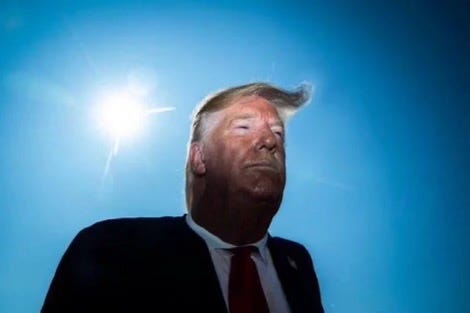
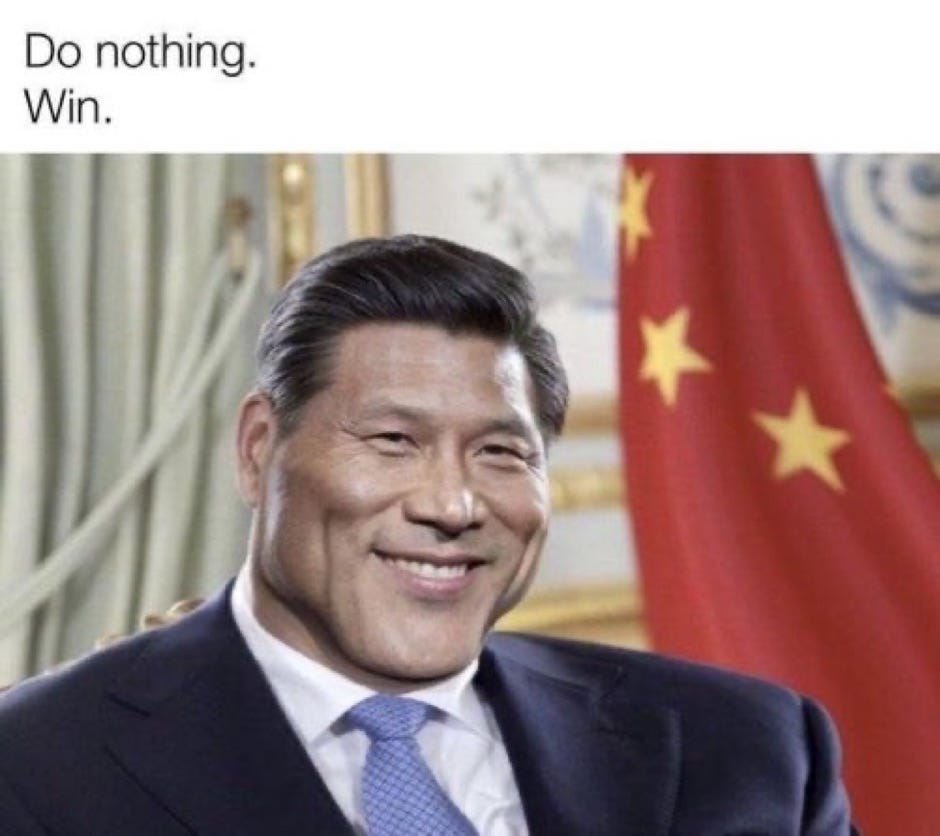
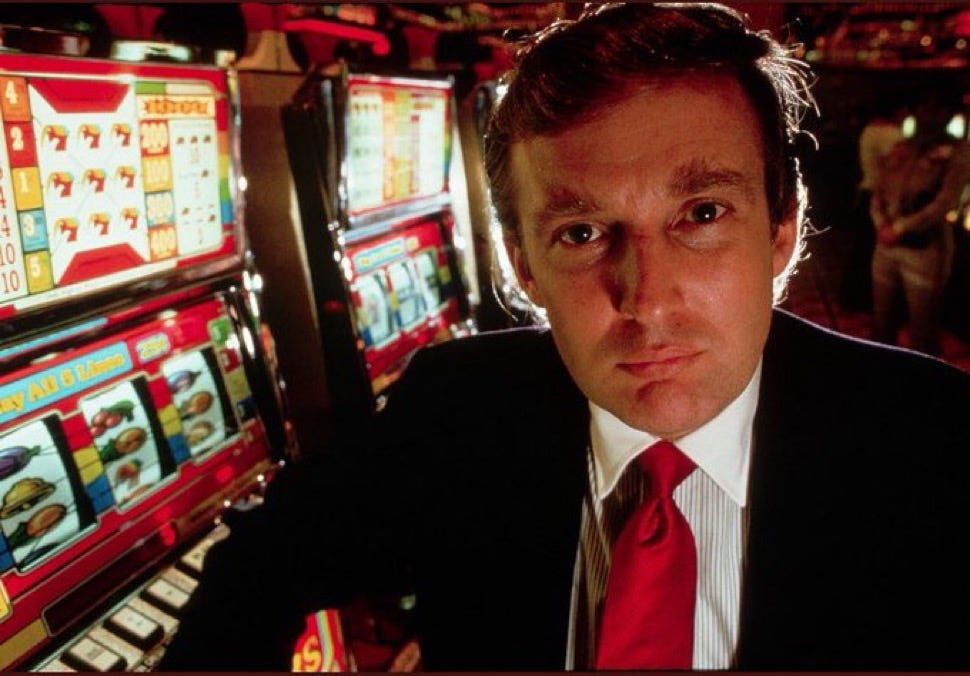

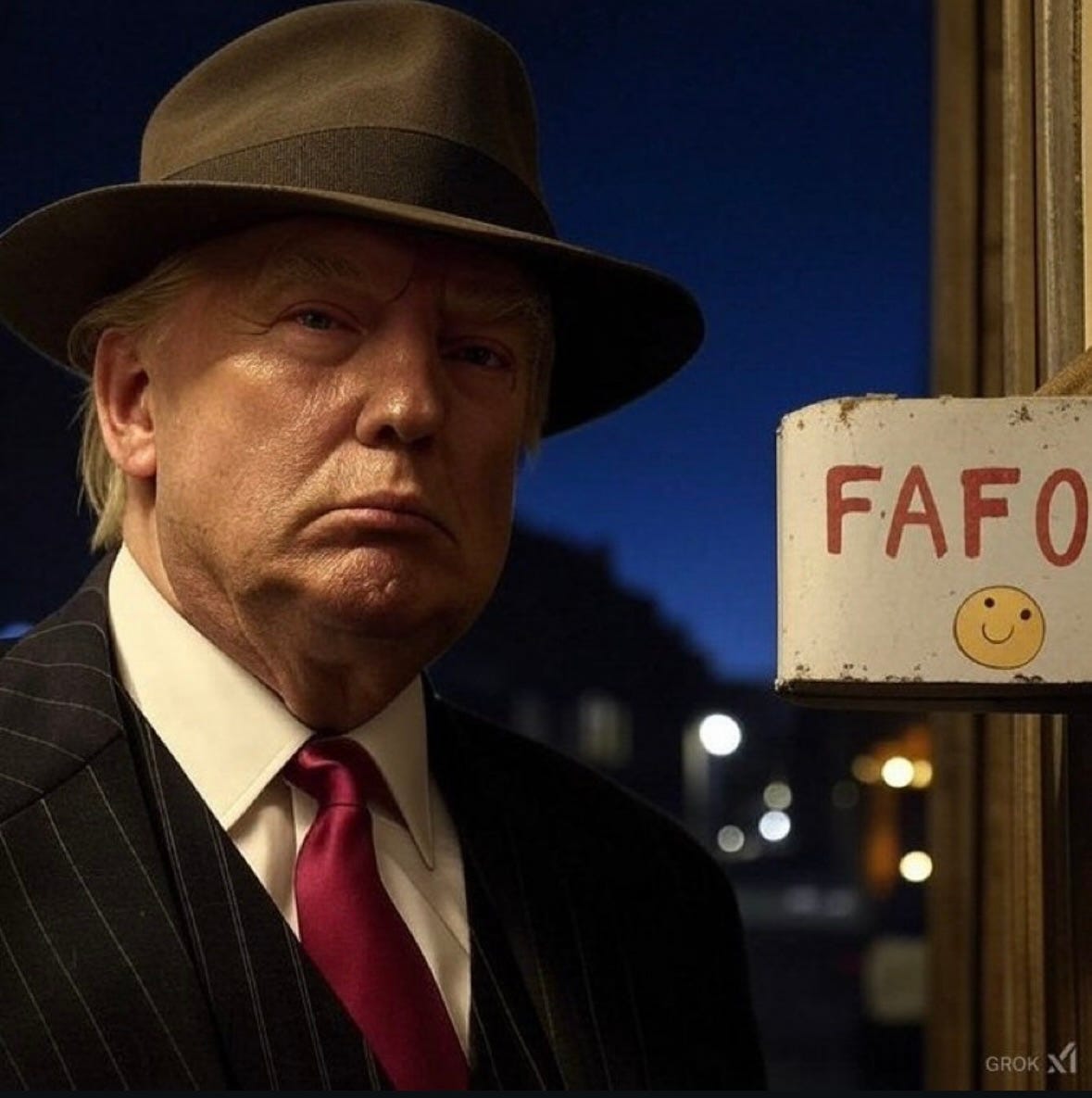
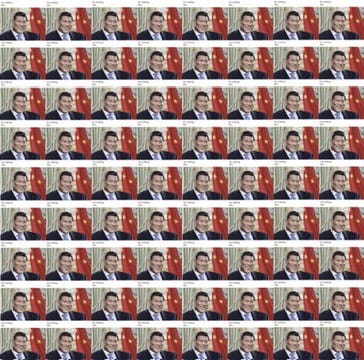
Idk how well I’m articulating this, but whatever